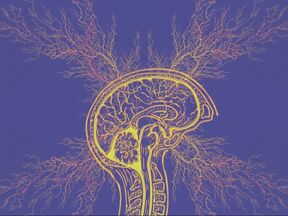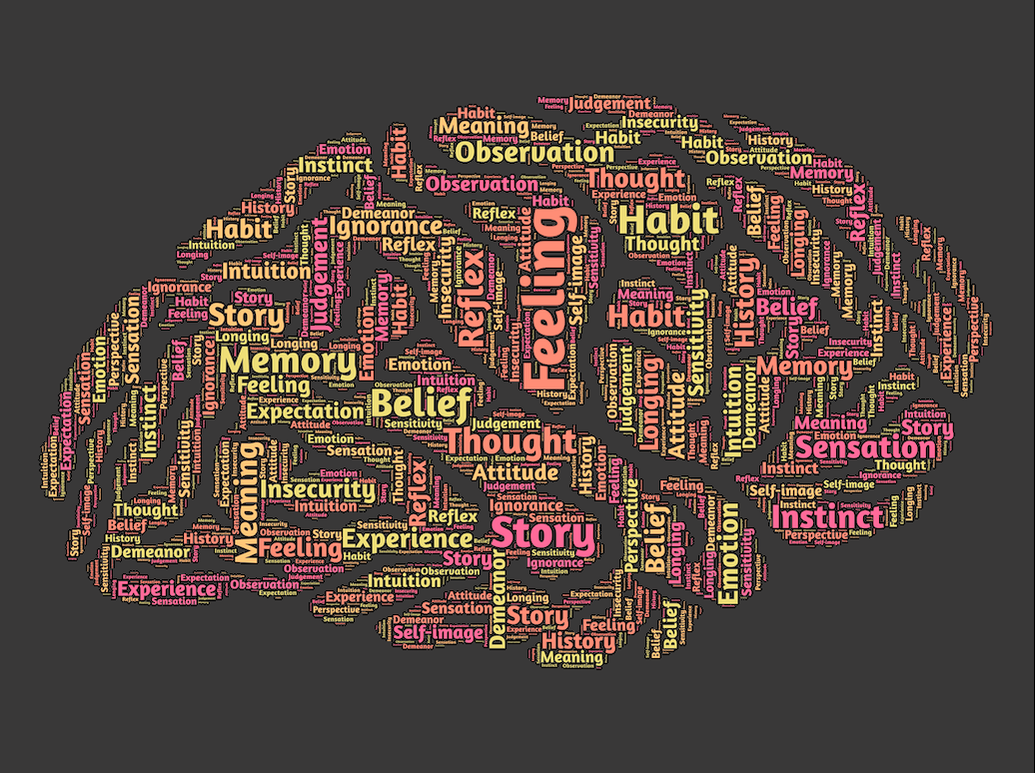What is a Neuropsychological Evaluation?
A neuropsychological evaluation assesses how well the brain is functioning by focusing on observable behaviors. A neuropsychological evaluation assess functioning in different areas of thinking such as attention, learning, memory, executive functions (e.g., planning, abstraction, conceptualization, reasoning, and problem solving), processing speed (how quickly one thinks), sensorimotor skills, and verbal skills. It also looks at how mood and personality may be affecting your thinking. When needed, academic skills (e.g., math, spelling, writing, and reading comprehension) are evaluated as well.
A neuropsychological evaluation assesses how well the brain is functioning by focusing on observable behaviors. A neuropsychological evaluation assess functioning in different areas of thinking such as attention, learning, memory, executive functions (e.g., planning, abstraction, conceptualization, reasoning, and problem solving), processing speed (how quickly one thinks), sensorimotor skills, and verbal skills. It also looks at how mood and personality may be affecting your thinking. When needed, academic skills (e.g., math, spelling, writing, and reading comprehension) are evaluated as well.
What does a Neuropsychological Evaluation entail?
You will first meet with the psychologist for an intake and interview where they will review all relevant psychological, behavioral, and medical history. They will ask you specific and detailed questions regarding your current concerns and problems, and how they interfere with your personal and professional life. You can expect the evaluation to take between 3 to 5 hours on the day of the testing. It would include an IQ test, cognitive testing, a detailed interview, standardized questionnaires and self-report measures, and cognitive testing. Once all of the testing is completed, your psychologist scores the tests, interprets the findings, and when appropriate, will include a diagnosis and recommendations for treatment. You will receive a written comprehensive report that highlights your strengths and weaknesses.
IQ Testing Services:
Navigating the educational landscape in New York City can be intricate, especially when considering admission requirements for Gifted and Talented programs. As a neuropsychologist specializing in IQ testing for both children and adults, I offer a comprehensive and insightful evaluation process. The IQ testing session typically spans 1 to 2 hours, during which I assess various cognitive abilities. Results of the IQ tests are promptly delivered the same day and a report is shared with you the following week.
Navigating the educational landscape in New York City can be intricate, especially when considering admission requirements for Gifted and Talented programs. As a neuropsychologist specializing in IQ testing for both children and adults, I offer a comprehensive and insightful evaluation process. The IQ testing session typically spans 1 to 2 hours, during which I assess various cognitive abilities. Results of the IQ tests are promptly delivered the same day and a report is shared with you the following week.
Complex DiagnosesDetermining complex diagnoses and medication management: When a psychologist or psychiatrist needs to either rule out a diagnosis or confirm a diagnosis they will refer their client for neuropsychological testing.
|
Attention deficit/hyperactivity DisorderA note about diagnosing attention deficit/hyperactivity disorder: One does not need to undergo neuropsychological testing to confirm a diagnosis of AD/HD. However, neuropsychological testing can identify specific personal strengths and weaknesses. This is particularly valuable for young adults and very helpful for one’s self-esteem, self-confidence, and treatment planning. For example, if the testing identifies that the individual has superior memory skills, they can focus on implementing strategies that capitalizes on their memory abilities. Not all neuropsychologists offer reports that are strengths based, therefore, verify this before scheduling an appointment.
|
Learning DisabilitiesSchool accommodations and academic services:There are many services for children and young adults with learning challenges (and sometimes other mental health concerns, e.g., anxiety). However, in order to receive these services their school or the board of education would require a neuropsychological report that indicates the diagnosis and the accommodations that the neuropsychologist recommends to support the student. In order to receive accommodations on standardized tests the student must submit an updated neuropsychological/psychoeducational assessment report.
|
Psychotherapy Treatment PlanningTo enhance psychotherapy treatment planning:A neuropsychological evaluation that is done with psychotherapy treatment in mind will generally include a projective measure and other standardized personality assessments. The report will identify cognitive strengths and weakness as well as psychological challenges that the person is experiencing such as, their defense mechanisms, interpersonal dynamics, anxieties, wishes, and coping skills.
|
|
To find out more regarding scheduling and pricing please call: 347-903-0412.
We offer brief ADHD screeners with same-day results Dr. Schapiro speaks fluent Yiddish and the Neuropsychological testing and assessment can be administered in Yiddish. |
Images from Pixabay
|



